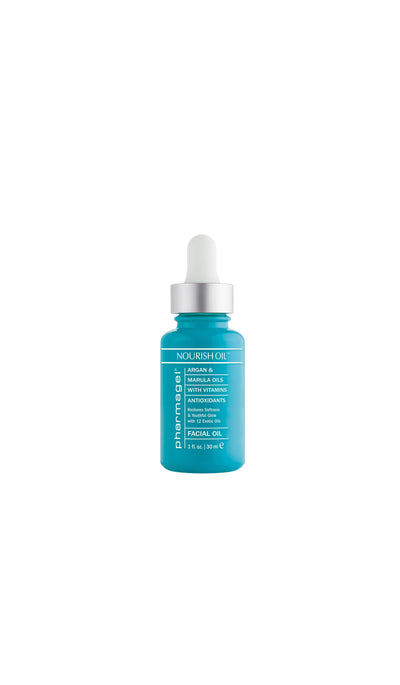
5 Common Sunscreen Myths Debunked
What’s the best way to keep wrinkles and skin discoloration at bay?
Wear sunscreen. Every. Single. Day.
Sun damage isn’t just the number one factor in skin aging; consider this sobering stat from skincancer.org: more people are diagnosed with skin cancer every year in the U.S. than all other cancers combined. The good news is that there is a greater variety of sunscreens on the market than ever before and that many boast high SPFs, work well as a makeup base, and offer full spectrum protection.
Although most people now know that sunscreen is a vital part of any healthy skincare routine, there are still a number of myths and misinformation surrounding it. Here are some of the most common sunscreen misconceptions to be aware of:
Myth 1: Sunscreen isn’t necessary on cloudy days

Some people only think to apply sunscreen when the sun is shining. The reality is that you should wear sunscreen every day no matter the weather. Even if the sky is full of clouds, ultraviolet rays can filter through the cloud cover, and in winter months snow reflects UV rays and can further contribute to sun damage.
Myth 2: Dark skin doesn’t require sunscreen

False. Dark skin is still susceptible to sun damage, even if it’s harder to see. The truth is that melanin can only protect skin to a certain extent. Although melanin does provide some natural sun protection, it’s not enough to prevent the kind of UV damage that leads to skin cancer and premature skin aging.
Myth 3: You can’t get sunburned if you sit inside all day

If you sit near a window, you might still need sun protection. That’s because glass only filters out UVB radiation, not the longer wavelength UVA rays that penetrate deeper into skin and contribute to premature skin aging. And while tinted windows provide greater UVA filtration, it’s still important to apply sunscreen to all exposed areas of skin before you get into the car or sit by a window for extended periods of time.
Myth 4: Applying sunscreen in the morning offers enough protection for the day

Many people believe that applying a layer of sunscreen in the morning will provide them with adequate all-day sun protection. The reality is that while applying some sunscreen is a lot better than none, it won’t last the whole day. Sunscreen tends to lose its effectiveness after a few short hours, which is why it’s best to reapply at least every 2 hours that you plan to be outside.
Myth 5: Water resistant sunscreens stay put all day long

Water resistant does not mean waterproof or sweatproof. Contact with water and sweat lessens UV protection even in water resistant sunscreen formulas. If you’re planning on swimming or being active outdoors, be sure to reapply sunscreen right after you get out of the water or after a good sweat, and keep in mind that you may need to reapply more often than every 2 hours.








